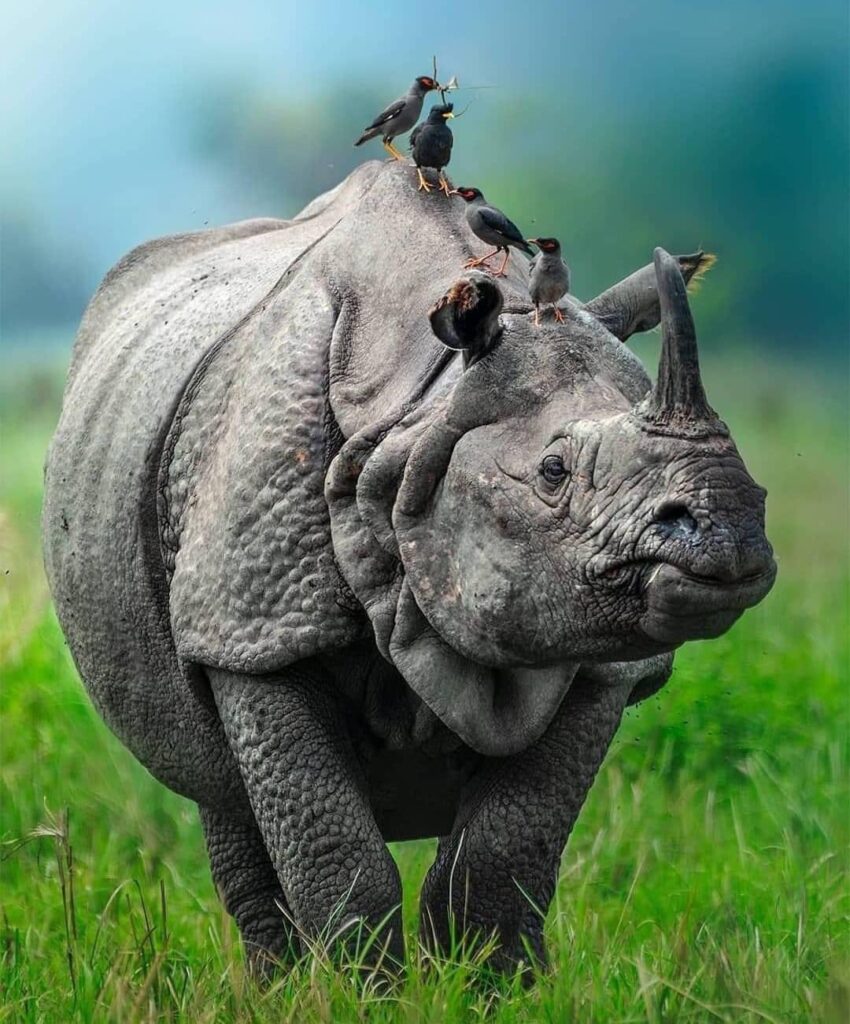The discovery of a dead rhinoceros in the Kaliabor Tea Estate of Assam has sparked concern among locals and conservationists alike. The lifeless body of the rhino was found within the premises of the tea estate, prompting immediate investigations into the circumstances surrounding its demise.
Despite concerted efforts by wildlife officials and experts to ascertain the cause of death, the mystery shrouding the rhino’s demise persists. The inability to determine the precise cause of death has compounded the sense of urgency among authorities and raised questions about the welfare and safety of the region’s wildlife.
The rhino’s untimely death serves as a stark reminder of the myriad challenges faced by conservationists and wildlife authorities in safeguarding vulnerable species in their natural habitats. Incidents such as this underscore the need for enhanced vigilance and proactive measures to protect wildlife from threats such as poaching, habitat loss, and human-wildlife conflict.
The Kaliabor Tea Estate, like many other tea estates in Assam, serves as a vital habitat for a diverse array of flora and fauna, including the iconic one-horned rhinoceros. However, the coexistence of wildlife and human activities within these landscapes often presents challenges, leading to occasional conflicts and incidents that jeopardize the well-being of wildlife populations.
In response to the rhino’s tragic demise, local authorities and conservation organizations have intensified efforts to ensure the safety and security of wildlife in the region. Surveillance and monitoring activities have been ramped up, with increased patrols and checkpoints established to deter potential threats to wildlife.
Furthermore, collaborative efforts between tea estate management, local communities, and wildlife authorities are underway to promote greater awareness and understanding of conservation issues and foster harmonious coexistence between humans and wildlife.
While the cause of the rhino’s death remains a mystery, its tragic demise serves as a poignant reminder of the fragility of wildlife and the urgent need for concerted action to protect and preserve their natural habitats. As investigations continue and efforts to enhance conservation measures intensify, stakeholders remain committed to safeguarding Assam’s rich biodiversity for future generations to cherish and enjoy.

